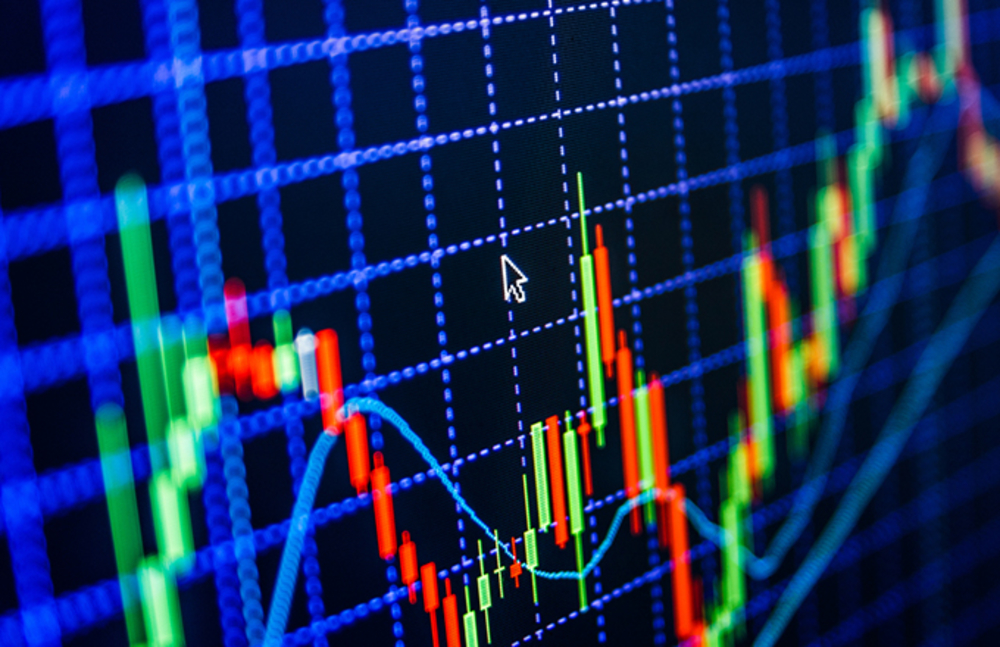For those learning about Wall Street and the economics, there are words that may sound simple and yet be confusing. The mumbo-jumbo of words is confusing when put together. Each have a specific definition and what they do has different context. Those who are unaware of what day trading is about and the different scenarios, understanding every word’s meaning, here is a rundown of the key terminology.
A. Day Trading – To trade they for a stock’s price change on the exact day of trade and not overnight. Those who trade in the day are pattern day traders. Day trading comes in multiple forms: swing trading, contrarian investing, scalping, price action, and trend following (look to D).
B. Capital Gains – A trade that is taxable when a stock is sold for profit; i.e. more than the price of purchase. It is one form of income that can be collected by the government based on how much is earned. This is also known as investment income.
C. Margin – It is the amount someone has to deposit or use as risk, also known as collateral, which someone would hold. Margin also describes the difference in cost between two numbers to determine if someone has made a net gain or a net loss.
D. Trend – The general direction of a stock in the market; from short to long-term, upwards means to be careful for it could fall at any point, downwards means it’s value has dropped, but it could be bound to bounce back. On the stock board, there will be colored arrows to determine if the stock, along with the Dow, is going up or down.
E. Security – It’s another word for an asset to sell and trade. This includes bonds, banknotes, options, and other issues. Securities qualify also as ownership rights, credit rating, the region itself, and the respective sector of the business.
F. Interest Rate – The amount due at a certain period (quarterly or monthly) based on percentage of the total amount of cost, deposited, or borrowed. The rate depends on supply & demand, currency of the amount borrowed, expected default possibility of the borrower in question, and governmental restrictions among other things.
G. Recession – When the economy declines in growth due to different factors. Recessions in countries usually lasts at least 6 months or more based on the status of the country’s GDP, employment, trade sales, etc. It takes places after a period of economic growth and reappears as a cycle. Examples: The Great Recession of 2007-08 and The Great Depression from 1929-1933.
H. Stock Market – Where buyers and sellers of stock of a business to make claims regarding cost and ownership. It is the economic heart of domestic and international trade. This does not just relate to Wall Street, but also in Chicago, London, Tokyo, Hong Kong, and other major international cities.
I. Mutual Funds – A mutual fund is a collection of money from multiple people in one, meaning that these are stocks held by multiple people rather than just the one individual. A site called Mffais.com shows the stocks mutual funds are buying now. Through their iteration, you would know the top performing mutual funds to invest in.
These are some of the words known to be used in day trading. It is part of the basic terminology for the stock trade. Even beyond the basic definition, there is a lot more behind each word used for day trading.
Michelle is a driven and dedicated white hat link builder from the Philippines with over 10 years of extensive experience and many successful projects under her belt. She has handled SEO for startups, small to mid-level businesses as well as corporations.




















































































































































































